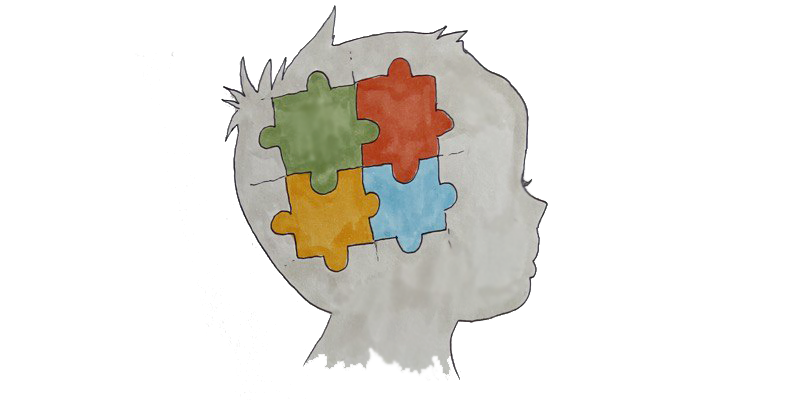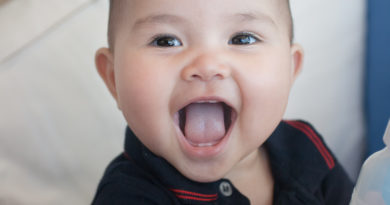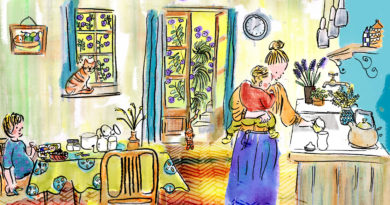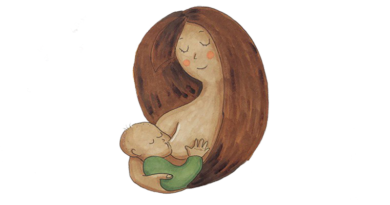The First Thousand Days Of Life
The first 1000 days of life go from conception to a child’s second birthday.
This is a crucial time for the development of long-term health and brain growth. It has an enormous impact on the wellbeing of unborn babies, infants and young children, as well as the pregnant and lactating mother. The environment and nutrition can have positive effects on a baby’s growth, the digestive tract, metabolism and the immune system. So a mother’s well balanced diet, with essential nutrients in optimal amounts, plays a central role in her baby’s future health and development. A lack of good nutrition can cause early mortality, poor health, loss of development, and more.
Although the brain develops and changes throughout life, the most rapid period of growth is in the last trimester of pregnancy and the first two years of life. These critical periods of brain development are highly vulnerable to specific nutritional deficiencies. While all nutrients are important for brain development and function, obtaining sufficient quantities of key nutrients is vital. Iron deficiency is the most common deficiency observed by health professionals.
Poor brain development in the first 1000 days of life can cause some of the most complex behaviours very early in life. It is far better to nurture the brain right from the start with the right nutrition, rather than use replacement therapy to help any deficits later on. Feeding the fetal, newborn, and young child’s brain is one of the best ways to achieve the goal of good health.
In the year following birth, there is rapid growth of the language processing areas and other aspects of emotion and character. Early development of the prefrontal cortex will help the brain region in cognitive behaviour, personality, decision making and social behaviour.
At least 200 million children living in developing countries fail to meet their development potential. Sadly, their bodies and brains are stunted, irreparably harmed through poor nutrition in these first 1000 days. Stunting is largely due to a debilitating mix of poor nutrition, unclean environments, and lack of loving stimulation. A severely stunted child is often left with a life of underachievement, poor performance and learning ability in school, lower productivity and wages in the workplace. There can be health problems throughout life, and a greater possibility for chronic disease, such as diabetes and heart disease, in adulthood.
Young children and babies use their five senses, they move their bodies and their head, use language, experience different places, interact with people and explore different objects . So we need to integrate caregiving and nutrition and support maternal mental health.
How to parent your child
Your loving care as a parent is what a child needs to be healthy, well nourished and safe. Communicate early and often, starting even before your baby is born. It will help you build a warm and loving relationship.
Make time to play with your child and engage her in your daily chores. You will help your child to learn, to be happy and to thrive.
Feeding times are a period of learning and love – talk to your child while feeding and make eye contact. If you feel sad and unable to respond joyfully to your child, seek help from a health care professional.
What you can give your child
Play and talk with them. Recognize and respond to their interests and needs. Encourage early learning. Provide a safe place for the child to explore. Skin-to-skin contact immediately after birth helps the parent and child to build a warm and loving relationship. In short, the main factors which help our newborns and toddlers are:
Health – Nutrition – Responsive Caregiving – Security and Safety – Early Learning
Breastmilk is the best and first choice and ideally starts immediately after birth. Breastfeed exclusively (no formula, water, or other food) for at least four to six months. Breastmilk is optimally adapted to the changing needs of the growing baby and the lactating mother. It helps to support immunity and protect from infections. It provides optimal development and emotional bonding between mother and baby. And it reduces the risk of adult obesity and NCDs (non-communicable diseases), diabetes, maternal breast and ovarian cancer, and obesity.
A mother should strive for a healthy lifestyle before and after conception, and particularly during breastfeeding and parenthood, supported by a balanced diet, exercise, etc. Abstain from alcohol and nicotine, watch out for diabetes and hypertension, observe immunisations, try to prevent infectious diseases and keep a check on your weight. Breastmilk generally gives the baby the nutrients for healthy growth and development – particularly the brain. All babies develop at different rates, so parents should watch for signs that their baby is ready for more solid foods.
Esther, a nurse in Uganda, helps mothers in her community by giving them the following advice: Get good rest, don’t stress. Get the required vaccinations for you and your child. Boil your drinking water. Wash your hands after every visit to the toilet. Cover your food to keep away the flies. Keep parasites and bacteria out of your body. Sleep under mosquito bed nets to ward off malaria. Deliver baby in a clinic. Breastfeed for at least six months. Don’t think about getting pregnant again for two years, but instead focus on this child.
Sadly, too few are aware of the importance of the First 1000 Days of Life!
By Joanna Koch
Joanna has been a La Leche League advisor since the early 1990s. A mother from one of her groups launched the idea of Mothering Matters (now Family Matters Switzerland) in 1994, which has developed into a successful online website, helping mothers, fathers, and families over many years. Joanna has three children and eight wonderful, loving (and breastfed) grandchildren.
Illustration by Aleksandra Koroleva
Aleksandra, originally from Moscow, Russia, now lives in Adliswil with her husband and almost-four-year-old son. She specializes in clinical psychology and started studying illustration after her son’s birth. In her free time Aleksandra likes sleeping, just as all mothers do. https://www.instagram.com/uber_evil




